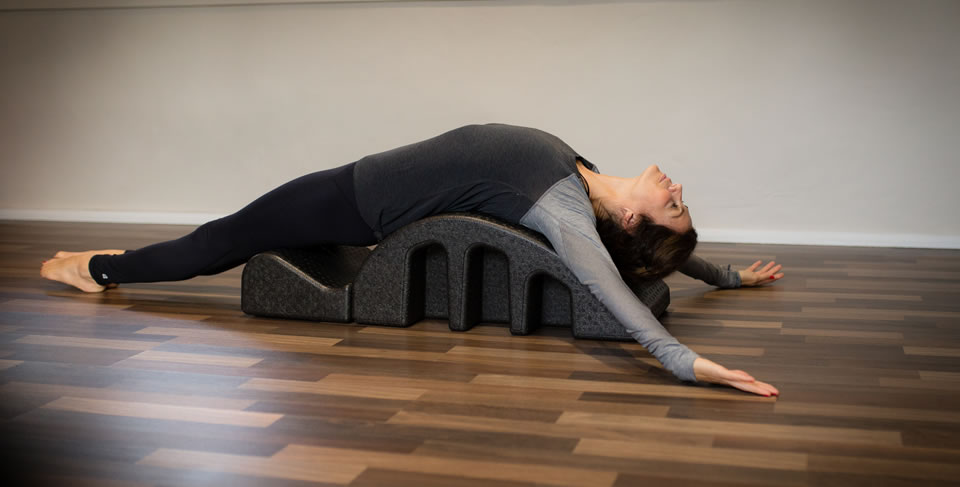SLEEP: our 20 top tips to ensure quality and quantity when it comes to catching your zzz’s.
Thank you to all who came to the Sleep Talk at mytime on Wednesday. Whilst a lot of us know how important sleep is, a lot of us don’t know how to ensure we get ample good quality sleep. So, we have collated a list of our top 20 tips, and would love to invite you to add your own. Information sharing can be hugely beneficial, especially if you have tried and tested advice.
1. Cut out late night caffeine, but also caffeine in the afternoon if at all possible. Caffeine packs a punch and takes a while for its effects to ware off.
2. It’s also a good idea to cut out the booze later on in the evening. Even though a nightcap may help you relax and potentially even fall asleep faster, it’ll make the second half of your sleep cycle restless and unsatisfying. Alcohol decreases deep sleep and increases arousals from sleep. If you like a glass of wine in the evening, have it earlier on so that it’ll wear off by bedtime.
3. It’s also best to take a hot soak earlier in the evening rather than later – doing anything that raises your body temperature too close to bedtime can actually make it harder to fall asleep, because your body needs to cool to a certain temperature in order to reach a sound slumber!
4. Avoid a heavy meal just before bed. Your body isn’t meant to be digesting while you sleep, so a big meal too close to bedtime may keep you up at night. Protein is especially hard to digest, so if you have to eat late, opt for lighter fare.
5. Eat ‘sleep superfoods’ in the evening: L-tryptophan is an amino acid that’s found in foods like turkey, chicken, meat, cheese, yogurt, eggs, and fish. Your body uses tryptophan and turns it into a B vitamin called niacin. Niacin plays a key role in creating serotonin, a neurotransmitter that’s associated with sleep and melatonin levels (a hormone that controls your sleep/wake cycles).
6. Make sure your bedroom is dark, tidy-ish, and is principally a bedroom, with minimal other distractions in it.
7. Keep a piece of paper and a pen next to your bed so you can clear your mind of clutter before dropping off.
8. Stretch for sleep. Doing a few gentle Pilates stretches before bed can reduce muscle tension, help empty your mind, and slow your breathing to calm you down. Joseph Pilates said that for him, the most important element of better and deeper sleep was mental calm.
9. Meditation is also a great idea before bed, and there are some brilliant apps you can download (eg Headspace) that are specifically aimed at getting you off to sleep.
10. Or simply deep breathing can help hugely in relaxing you once in bed. It stimulates the body’s naturally-calming parasympathetic system.
11. Avoid bright lights before bed – keeping your room dark while you sleep is a great start, but dimming the lights before bed is also important. That’s because dimness signals the biological clock that it’s time to wind down, while bright light says “wakey wakey!”
12. Avoid screens – ‘power down’ – at least an hour before bed because the particular type of light emanating from devices activates the brain.
13. Avoid pressing the snooze button on your alarm clock: sleep caught between soundings of that alarm is just not high-quality sleep. The snooze button often disturbs REM sleep, which can make us feel groggier than when we wake up during other stages of sleep. You don’t have to jump out of bed in the morning, but setting the alarm for a slightly later time and skipping a snooze cycle or two could bring big benefits.
14. An alarm clock could also be used to tell you when to go to sleep, as opposed to when to wake up! Sticking to a regular routine sounds impossible to a lot of us, but it’s actually a wise move where sleep is concerned. Staying up and sleeping in later than normal can shift your body’s natural clock in much the same way as jet lag does.
15. Wear socks! Having warm hands and feet can really help you to drop off more quickly.
16. Exercise regularly, but not too close to bedtime.
17. Daytime napping is necessary for some people, but try to limit naps to 30 minutes.
18. Aromatherapy oils: especially lavendar, have great benefits for sleep. We are planning a talk on essential oils at mytime next month, so keep your eyes peeled for further information.
19. Sex: lowers cortisol (stress hormone), and having an orgasm releases prolactin which makes you feel relaxed and sleepy. What’s more, ladies, sex boosts oestrogen levels which apparently enhances your REM stage and gives rise to an even deeper sleep. And…the more sleep you have, the higher your sex drive.
20. If all else fails, think of my voice droning on about something or other, and you’ll be asleep before you know it 😉
Sweet dreams one and all.
